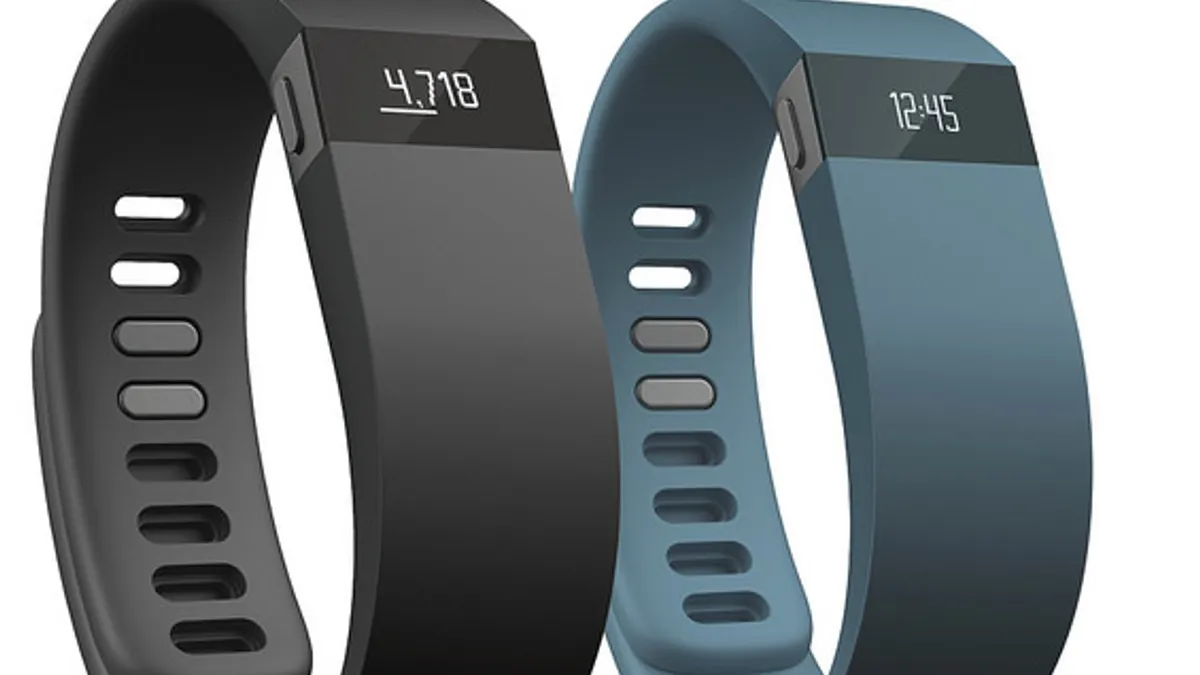Dive Brief:
- Wearable devices such as the Fitbit and smart watches are showing up in the workplace, with many employers and health-insurance providers mainly using them as part of wellness programs. While it can be a positive, it also can cause legal issues for employers, according to Lawyer Herald.
- Wearables allow employees to share private data – exercise sessions, hours of sleep, etc. – with their employers or insurers. As a result, employers can and will collect personal data in regards to their employees' health and physical movement, raising questions about privacy and ethics should such data be misused, Lawyer Herald reports.
- Jason Geller, a partner in a US law firm Fisher & Phillips, told Lawyer Herald that to avoid potential legal pitfalls, employers mandating wearables should also offer clear policies and rationales for such use.
Dive Insight
Geller added that those policies require in-depth discussions and explanations. Worst case, less healthy or disabled employees can believe the company is discriminating against them via the ADA based on wellness data derived from wearables.
Workplace wearables can also affect both privacy and confidentiality, as many wearables can record location and other sensitive information. Employers should make it clear when a device needs to be turned off.
Stan Hill, an employment law associate at Polsinelli PC, said one strategy to prevent privacy issues from surfacing is to mandate employees turn over company-issued wearable devices outside official working hours.













